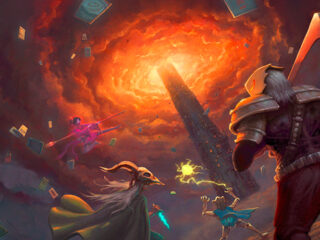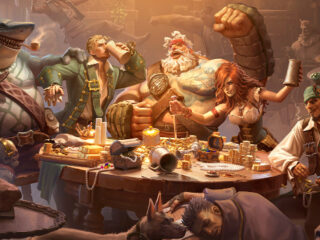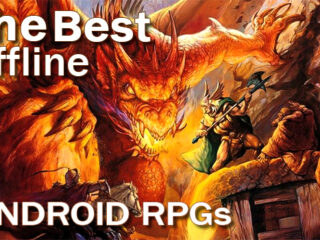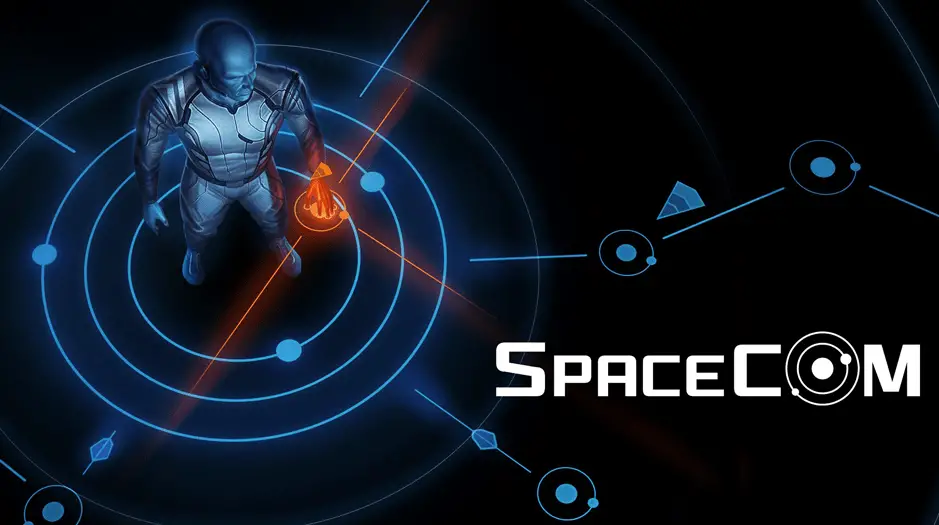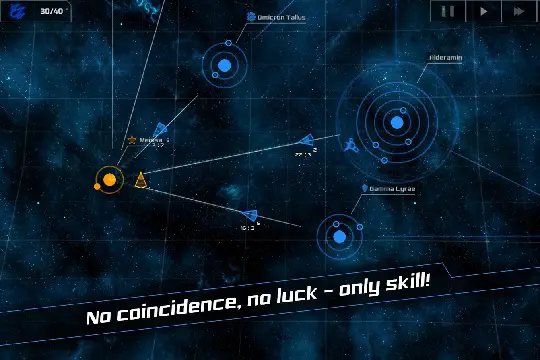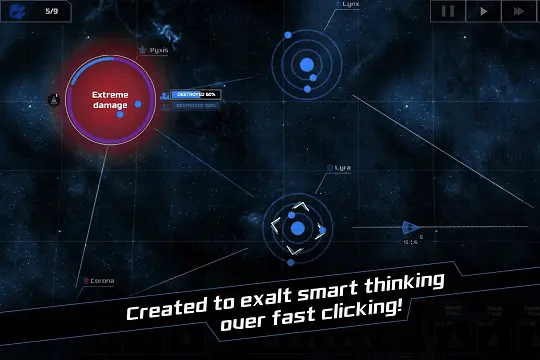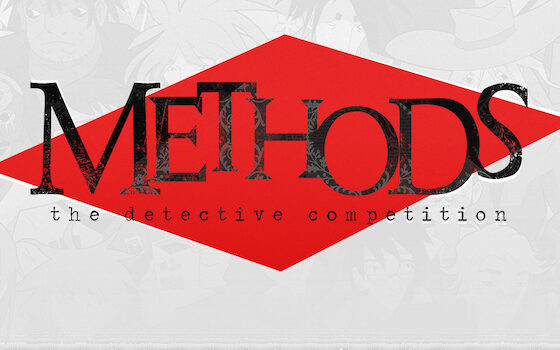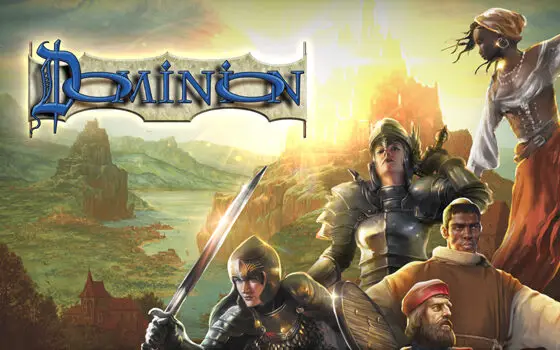With the introduction of statistical analysis into the realms of sports, I think sports culture as a whole has developed an almost divine reverence for numbers. Graphics displaying averages pop on your screen during a baseball game for everyone to gawk at (think Moneyball). Total yardage numbers and yards per carry are calculated in real time to be inscribed into the arcane history books of the NFL for future generations to analyze and assess. Valuations, pass completion and goal conversion rates are as accurate a biography as any. Between the records, statistics and averages, entire careers are centered around boiling people down to numbers.
Stemming the tide of this new rush of information are the old purists. These are the scouts, coaches, lifelong fans and analysts who assert there’s so much more to the sport than just statistical breakdowns. They assess things on a much less empirical or even communicable metric. Even though there’s no evidence one can point to on a piece of paper, this romantic notion of what the sport is, I think is essential to the core of the experience of sports. While the importance of number crunching should not be understated, I think that balancing these two schools of thought leads to the fullest and most enjoyable portrayal of the games we love.
Hopefully this obtuse observation leading a review of an Android strategy game set in space is beginning to make sense. In a few words, SPACECOM is an embodiment of the cold numbers and arrows with utter disregard for anything aesthetic or intangible. You play as a general of a galactic empire tasked with wiping out a rebellion. The entirety of the game is spent staring blankly at a bunch of “systems” connected by lines, only punctuated by moving your triangular ships to new locations with a few simple taps. Fundamentally speaking, the game is functional and competent. There’s some strategic choices involved which feel impactful and the situations are varied enough to not be stale. The electronic soundtrack consists of the minimally interesting trancy electro you’d expect. The game flows at a reasonable pace and in the pitch of a large battle, it’s a fairly frantic net of arrows flowing to and fro, all of which requires astute generalship.
If all this sounds like your kind of game, don’t be alarmed, but you may in fact be a robot. If this sounds dry then you are not only human but absolutely right. Like I said, there’s nothing wrong with the gameplay itself, but the manner in which the game is presented to a strategy-minded fleshling such as myself creates an insurmountable disconnect. The most glaring issue for me is the lack of any visual spectacle. Battles are boiled down to watching a pie graph incrementally shift color. Fleets are arrows with a number, idly plodding from circle galaxy to circle galaxy. While it’s billed as you playing as some robo-general tasked with wiping out rebels, in reality, you play as an army of blue shapes, riding the same paths to eliminate orange shapes. There’s just so little to look at, so little soul or artistry, I felt my humanity being leached from my body while playing. This isn’t an indictment of conquering arrow ships and planets in space however, as you can contrast this game closely with the game Galcon. While at its core quite similar, everything from the big masses of migrating ships to the wacky colors to the soundtrack has life, and breeds some investment into what you’re playing. Look it up, it’s light years superior.
What we have here is half a game. Just like the scout who looks at nothing but heat maps and averages, both miss out on a vital component of the game. It plays well enough but when I’m playing, it’s looking at a skeleton of a complete work. For all you robo-strategists not interested in frivolous trappings like visual stimulation or aesthetics, you could do much worse than SPACECOM. However, if you’ve got warm blood running through your veins, there are better games for you.
Is it Hardcore?
No.
The oatmeal of strategy games. While technically food, it’s heartless blandness is the defining quality.



